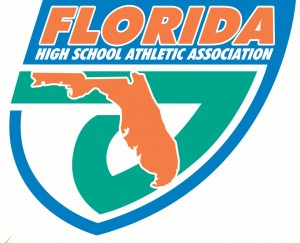Four more states restrict transgender athletes from competing in girls’ sports
Kansas, North Dakota, and Wyoming had new laws put in place prior to the start of the school year that restricted transgender athletes from participating on girls’ teams. And a similar Missouri law will go into effect at the end of August—bringing the total number of states with transgender restrictions to 23.
 A recent story from ABC News details how some states are handling the issue of transgender athletes participating in women’s sports.
A recent story from ABC News details how some states are handling the issue of transgender athletes participating in women’s sports.
Below is an excerpt from the ABC News story.
This year’s new restrictions are part of a larger wave of legislation across the U.S. against transgender rights. Republican legislators in some states have banned gender-affirming care for minors, restricted transgender people’s use of school and public restrooms, limited what public schools can teach about gender and sexuality and barred schools from requiring the use of a transgender student’s preferred pronouns.
The sports laws have been imposed since 2020, and most are aimed at transgender girls. A majority cover less formal intramural contests organized within a single school’s student body as well as contests among different schools, and some restrict transgender boys as well. Almost all say other students and their parents can sue schools that don’t enforce the restrictions.
Lawmakers expect a child’s earliest birth certificate to determine which sports teams they can join. Principals and coaches are expected to be the enforcers.
“Those are uncomfortable conversations,” said Jeanne Woodbury, interim executive director of the LGBGT+ rights group Equality Arizona. “Everyone is going through that process.”
She added: “For trans kids, it’s never been a walk in the park, but now they have this law to contend with on top of everything else.”
In Oklahoma, where a law has been in place since 2022, athletes or their parents must file an annual affidavit “acknowledging the biological sex of the student at birth.”
Kansas and other states expect school officials to review a child’s earliest birth certificate if questions arise about an athlete’s eligibility.
Bill Faflick, executive director of the Kansas State High School Activities Association, said his state’s law has been greeted by a “matter of fact” acceptance in rules seminars for administrators and coaches.
“It has not been met with any resistance and has not been met with any outpouring of support or opposition, one way or the other,” Faflick said.
To read the full story from ABC News, click here.







